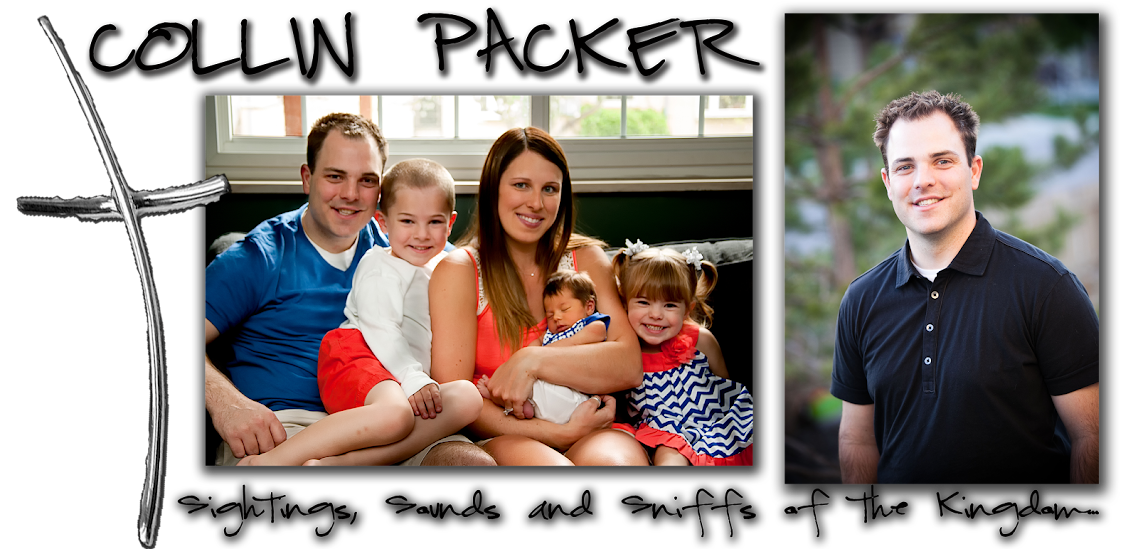
One of the most amazing experiences for preachers is having your sermon go in a different direction than your sermon preparation would have predicted. I had that experience this week.
I was preaching on Mark 5:1-20, the story of Jesus casting demons out of a man and sending them into a herd of pigs. My sermon preparation told me that I should preach on God's restoration of people. But as I began to write my sermon, Jesus' question to the man began to change the way I looked at the text.
He asked, "What is your name?" Now that might seem like a silly question, especially since Jesus gets the inane response, "My name is Legion, for we are many!" But I think Jesus' question is a question we often forget to ask.
Names are important. When we use a person's name, we humanize him/her. Too often we characterize people as Baptists, Lutherans, Catholics, Republicans, Democrats, homosexuals, conservatives, liberals, or terrorists, and we never get to know people by their names. As long as we don't get to know people in these groups well enough, we can continue to demonize them as opponents.
However, my great desire and longing for church unity came when I met Jamie who happened to be a Baptist. It's interesting how people's views toward divorce and remarriage change when their children go through a divorce. We have to start knowing people well enough to know their names, so that we stop allowing generalizations to keep us from knocking down walls.
In Mark 5, Jesus asks this question to a man who had been known by every other designation except his real name. He was known as a lunatic, a demon-possessed man, a monster, etc. But Jesus cared enough to ask him his name.
Let us stop the cycles of dehumanization that our culture allows to continue by asking people their names. Our country found it easier to kill and take land from this country's original inhabitants because we called them Indians. It was also easier to dehumanize and enslave Africans when we made up horrible nicknames for them rather than learning their real names. And it's easy to create laws against illegal aliens when we use them for their services and never learn their names.
We have to stop these cycles of dehumanization. Every empire's downfall began when they stopped caring about the names of the people they enslaved and destroyed. Perhaps we should learn one another's names. Who knows? It might just save us from our sectarian past and it might just save this nation from God's wrath.

